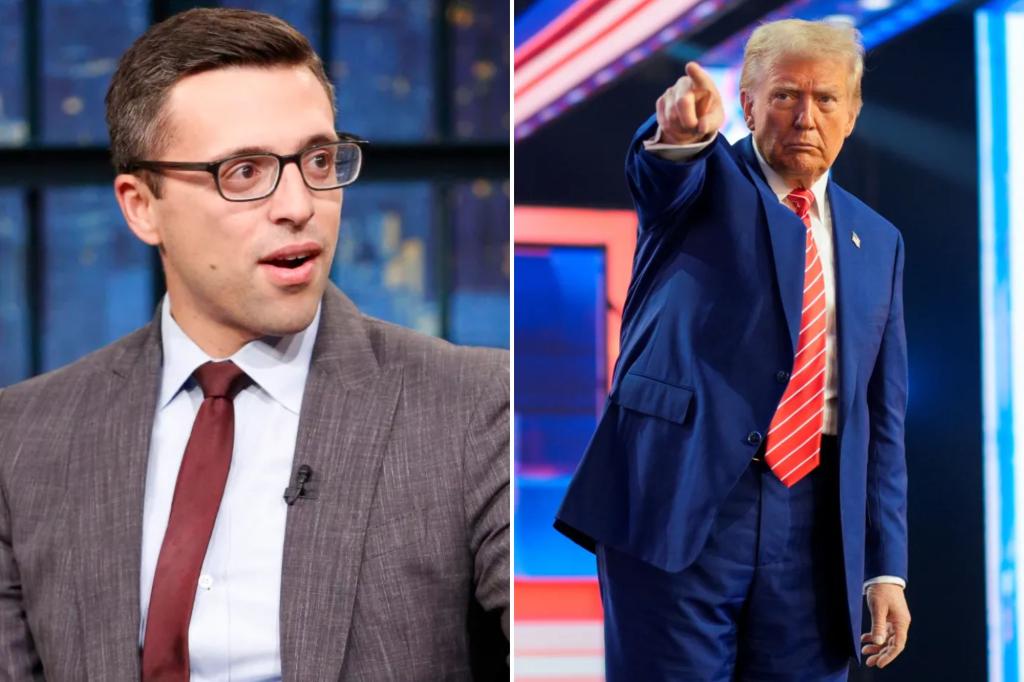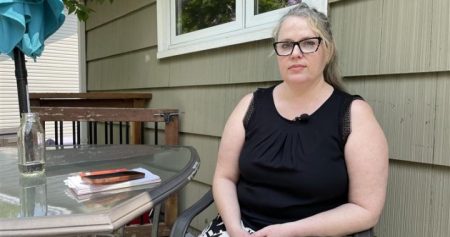Ezra Klein, host of “The Ezra Klein Show” and New York Times journalist, addressed listener concerns regarding the perceived “normalization” of the Trump administration through his podcast interviews. Klein acknowledged the abnormality of Donald Trump as an individual and politician, questioning the conventional wisdom of constantly framing him as an outlier, given his repeated electoral successes. He emphasized that acknowledging Trump’s political reality doesn’t equate to condoning his actions. Instead, Klein views engaging with figures across the political spectrum as crucial to understanding the complex political landscape, particularly when those figures represent a substantial portion of the electorate.
Klein unequivocally stated that his show wouldn’t become a platform for anti-Trump “resistance.” His objective, he emphasized, is journalistic inquiry and understanding, not activism. He views his role as a reporter to be one of curiosity and analysis, seeking to understand the motivations and actions of those in power, even when he vehemently disagrees with them. This includes exploring policies and political maneuverings that may fall within the realm of “normal” politics, even within an administration that often exhibits unconventional behavior. Klein acknowledged the challenge this presents, especially when some of those actions might represent authoritarian tendencies or attempts to undermine democratic processes.
The journalist anticipates navigating the complexities of covering an administration where certain actions might be considered standard political fare while others represent potentially grave threats to democratic norms. He intends to approach each issue on its own merits, differentiating between routine policy debates and actions that could fundamentally alter the political system. Klein admitted that he engaged less with this nuanced approach during Trump’s first term, partly due to the prevailing sentiment among many liberals that the administration was illegitimate. He attributed this perception to several factors: Trump’s loss of the popular vote, the Russia investigation, and the constant stream of leaks from within the administration painting a picture of internal chaos and concern.
During Trump’s first term, Klein explained, the prevailing narrative, even among those reporting on the administration, was one of aberrance. The perception of the Trump presidency as a temporary anomaly, a fluke in American politics, was reinforced by the administration’s own internal struggles and the constant flow of information depicting Trump as erratic and unpredictable. He contrasted this with the current situation, arguing that Trump’s continued political relevance and the consolidation of his movement necessitate a different approach, one that recognizes the enduring nature of Trumpism and its impact on the American political landscape.
This shift in perspective, Klein believes, requires a more nuanced and comprehensive approach to reporting on the Trump administration. He stated that his primary role is to act as a reporter, constantly engaging in the act of reporting to better understand the political reality. This includes a commitment to interviewing and engaging with individuals within the Trump administration, even those who might be reluctant to speak with him. He sees this as essential to fulfilling his journalistic duty and gaining a deeper understanding of the administration’s motivations and actions.
Klein reiterated his commitment to maintaining an open channel of communication with figures within the Trump administration, even when he strongly opposes their actions. He refuses to adopt a “closed-door policy” simply because Trump crosses certain lines. Klein sees maintaining these lines of communication, even with those he disagrees with, as crucial to understanding the complexities of the administration and fulfilling his responsibility as a journalist. This approach, he acknowledges, requires a constant balancing act, navigating the tension between understanding and opposition, between reporting on normal political processes and highlighting potentially dangerous deviations from democratic norms.










